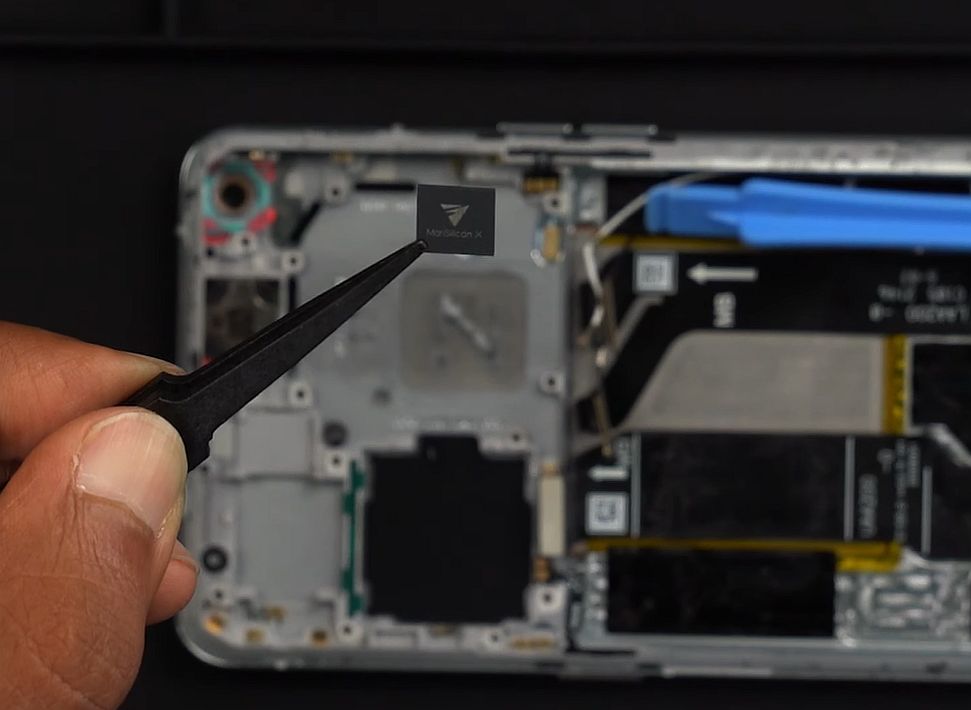To stand out from the crowd, Oppo’s flagship and mid-range devices are using its own-developed MariSilicon X Neutral Processing Unit (NPU) chip for improved mobile photography. Unfortunately, it appears that Oppo is pulling the plug for its in-house chip design unit as the Chinese smartphone maker was reported to have abruptly shut down its Zeku subsidiary.

According to the report, Zeku employees were given less than a day’s notice and the difficult decision was made due to “uncertainties in the global economy and smartphone market”. It was speculated that Oppo had invested about USD 1.4 billion into the business which develops in-house co-processors, ISPs and various chips.
The most notable chip was the MariSilicon X which made its debut on the Oppo Find X5 Pro. According to Oppo, the Imaging NPU is the backbone to achieve remarkable outcomes as it boasts 18 trillion operations per second (TOPS) to support its AI algorithms while maintaining a power efficiency of 11.6 TOPS per watt. In addition, the NPU’s computing power is said to be not restricted by the memory’s throughput as it has its own dedicated DDR with extra bandwidth of up to 8.5GB/s.
Late last year, it also introduced MariSilicon Y, a Bluetooth audio SoC which claims to use the most advanced N6RF process technology which can offer 50% more Bluetooth bandwidth compared to the highest spec Bluetooth SoCs on the market. With its exclusive URLC codec technology and dedicated NPU of up to 590 GOPS of on-device computing power, the MariSilicon Y is claimed to transmit 24-bit/192kHz lossless audio via Bluetooth for the first time. Essentially users can enjoy the same audio quality wirelessly as a wired connection.






